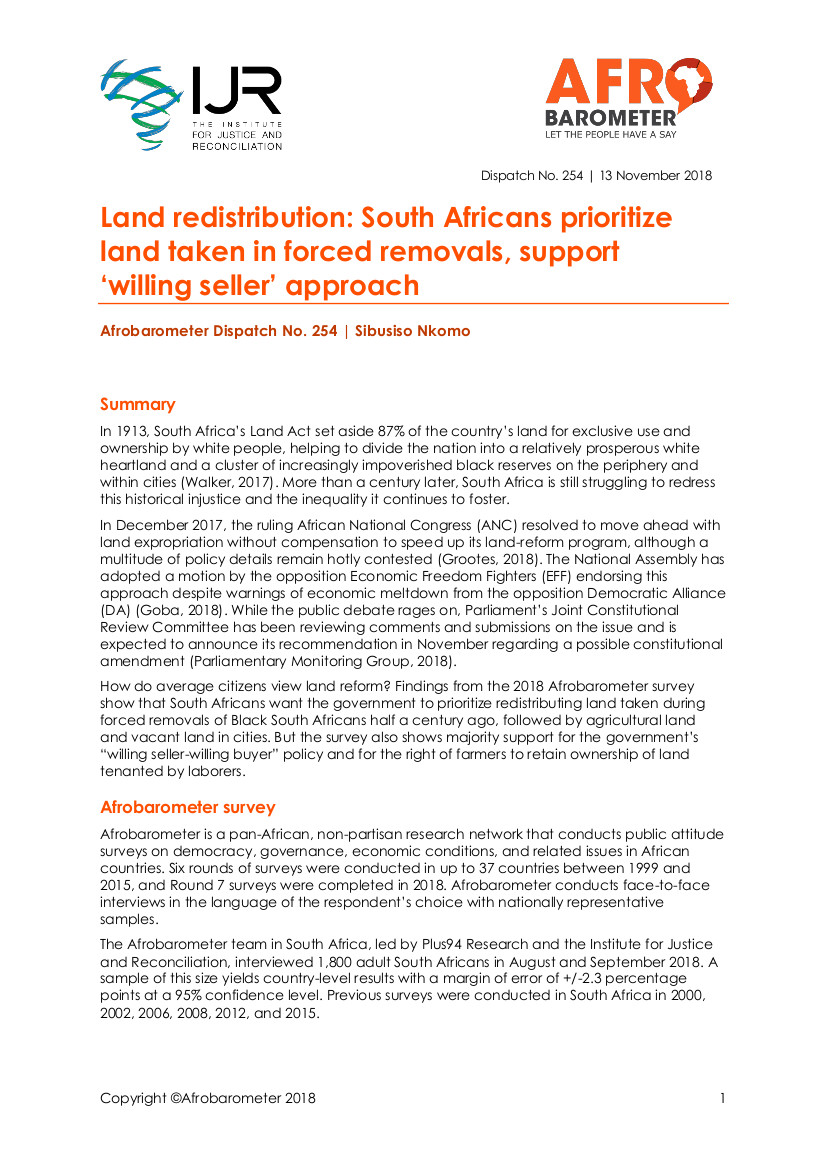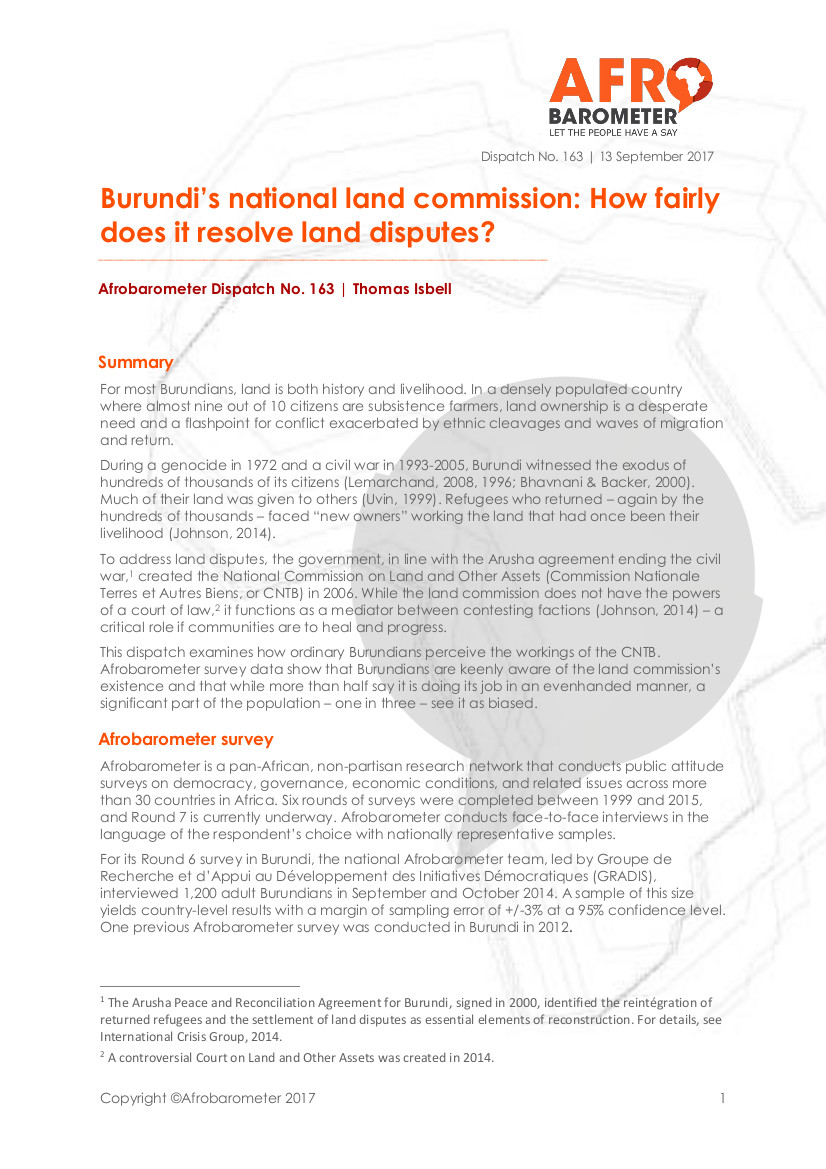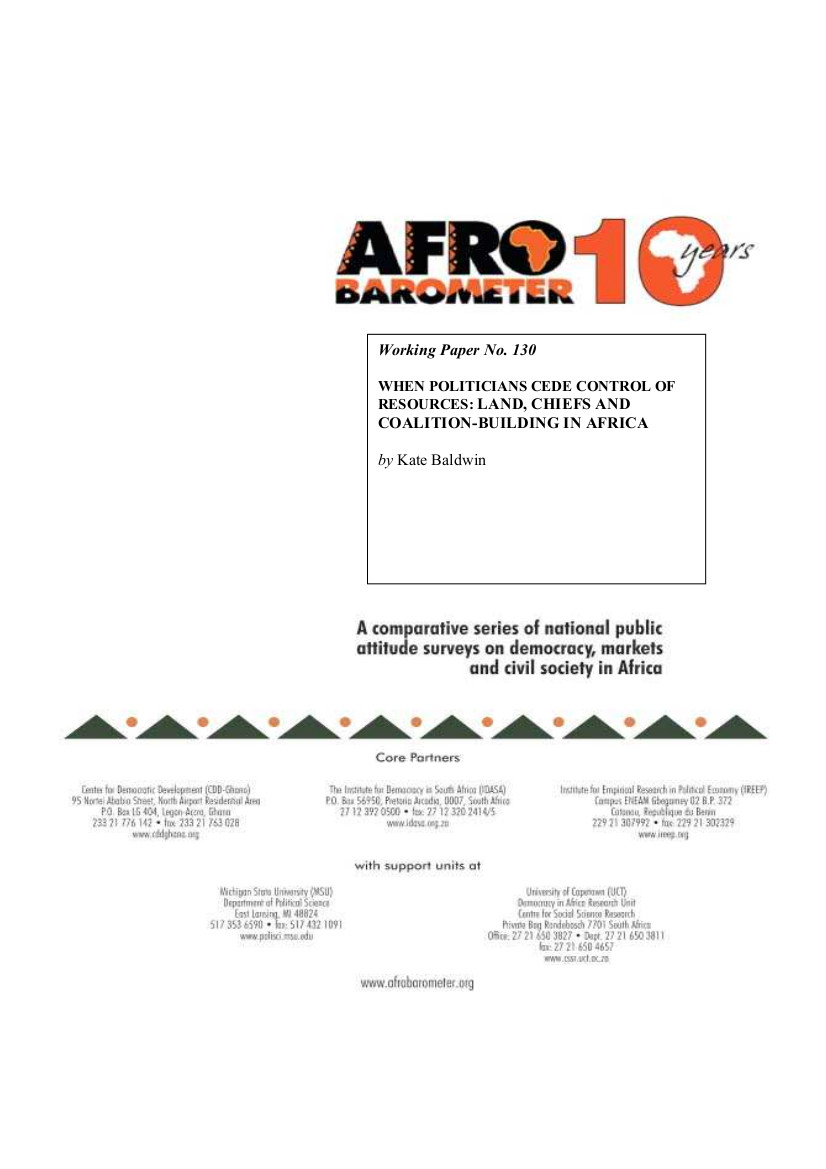
Topics and Regions
Carlos joined the Land Portal as Data Officer in January 2016. He is a Linked Open Data specialist with wide knowledge and expertise in semantic web technologies, computer science, software design and development, human computer interaction, productivity and networking. He has previously worked for Previously the Fundación CTIC as a researcher of the Semantic Technologies Unit, and has taken part in several national and European R&D projects and initiatives. He holds a Masters of Science in Engineering and Computing Science from the University of Oviedo.
Details
Affiliation:
Location
Contributions
Displaying 181 - 190 of 349Sierra Leone Legal Information Institute
Sierra Leone Legal Information Institute ("Sierra LII") is a non-profit organization registered in Sierra Leone that aims to contribute to the continuing national progress by providing free access to the nation’s legal information. Free access to legal information of other countries and regions of the world is also made possible through its affiliation with the Free Access to Law Movement and the global network of Legal Information Institutes.
American Samoa Bar Association
We are the licensing body and the official bar association for all of those who practice law in American Samoa. The American Samoa Bar Association serves to promote justice, the rule of law, and the interests of the legal system. We do this through public education, legislative review, promoting the judiciary, and advocating the rule of law. We also offer a legal scholarship to a student that shows exemplary academics and a desire to promote the rule of law in American Samoa.
Australasian Legal Information Institute
AustLII is Australia's most popular online free-access resource for Australian legal information, serving the needs of a multitude of users with over 700,000 hits daily. AustLII is a joint facility of the UTS and UNSW Faculties of Law.
Land disputes in Liberia: Disputes from below, 2008
An Afrobarometer survey was conducted for the first time in Liberia in 2008. The findings enable us to assess popular opinions on land disputes and the likely consequences for peace and stability in Liberia.
Land redistribution: South Africans prioritize land taken in forced removals, support ‘willing seller’ approach
In 1913, South Africa’s Land Act set aside 87% of the country’s land for exclusive use and ownership by white people, helping to divide the nation into a relatively prosperous white heartland and a cluster of increasingly impoverished black reserves on the periphery and within cities (Walker, 2017). More than a century later, South Africa is still struggling to redress this historical injustice and the inequality it continues to foster.
Burundi’s national land commission: How fairly does it resolve land disputes?
For most Burundians, land is both history and livelihood. In a densely populated country where almost nine out of 10 citizens are subsistence farmers, land ownership is a desperate need and a flashpoint for conflict exacerbated by ethnic cleavages and waves of migration and return.
Gender equality in Burundi: Why does support not extend to women's right to inherit land?
With 27,834 km² of surface area and a population of 10.5 million, Burundi’s population density is seven times that of Tanzania and second only to Rwanda’s on the African mainland (World Bank, 2014). Its population grows at an annual rate of 2.4%, and more than 90% of the population lives primarily on agriculture.
When politicians cede control of resources: Land, chiefs and coalition-building in Africa
Why would politicians give up power over the allocation of critical resources to community leaders? This article examines why many African governments have ceded power over the allocation of land to non-elected traditional leaders. In contrast to the existing literature, which suggests traditional leaders’ power is a hang-over from the colonial period that has not been eliminated due to weak state capacity, I argue that African politicians often choose to devolve power to traditional leaders as a means of mobilizing electoral support from non-coethnics.











